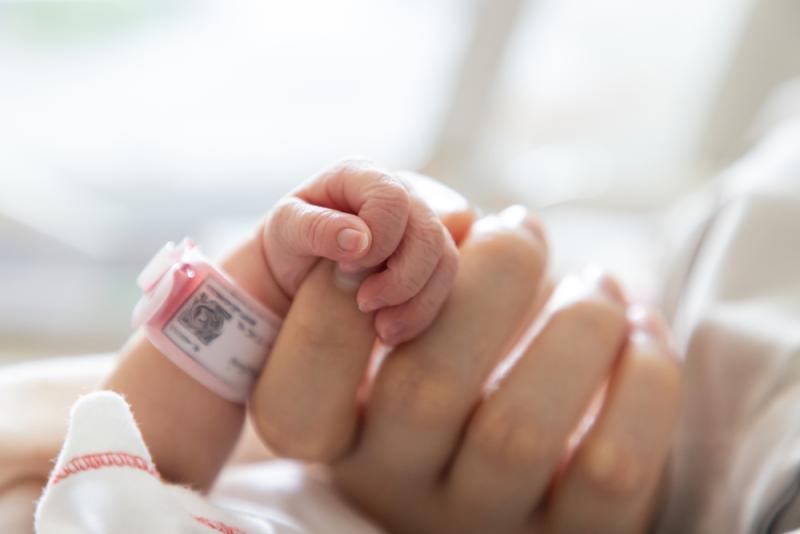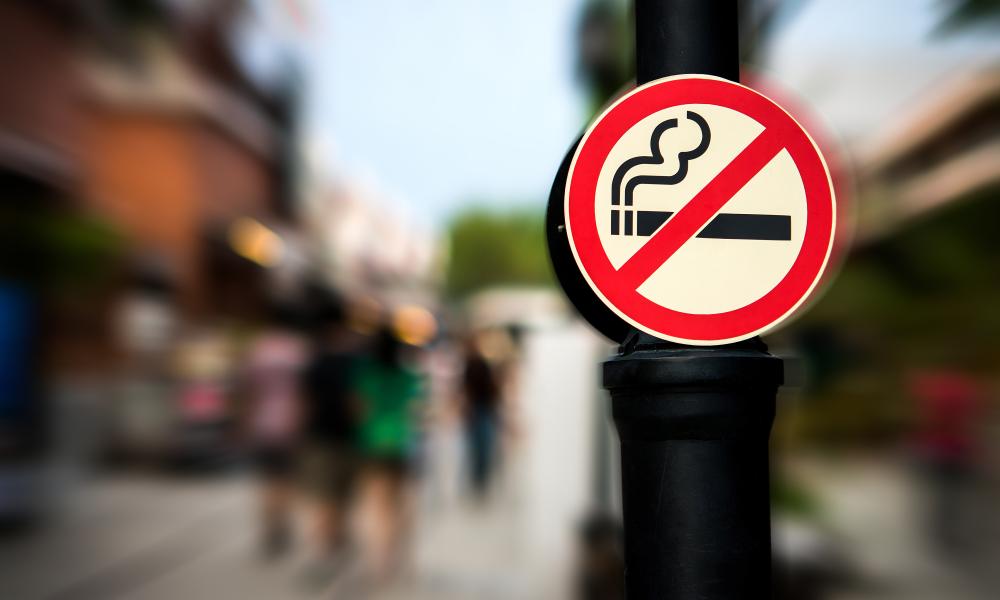
A child born in Japan has a chance of living 43 years longer than a child born in Sierra Leone. Source: WHO Social Determinants of Health Factfile Inequalities and low birthweight – a global problem Across the world, babies born to disadvantaged families are more likely to be low birthweight (weighing less than 2500 grams).
Low birthweight is associated with a greatly increased risk of death in the first year of life as well as serious illness and lifelong disability. Longitudinal studies show that children who were low birthweight experience a greater risk of developing learning and behavioural difficulties and have lower educational attainment and socio-economic status as adults.
Low birthweight is therefore a critical aspect of child poverty. Inequalities and low birthweight – an Irish problem The Working Group on the National Anti-Poverty Strategy (NAPS) and Health has included low birthweight as one of three core targets to reduce health inequalities in Ireland.
This target states that the gap in low birthweight rates between children from the lowest and the highest socio-economic groups should be reduced by 10% from the 2001 level, by 2007.


